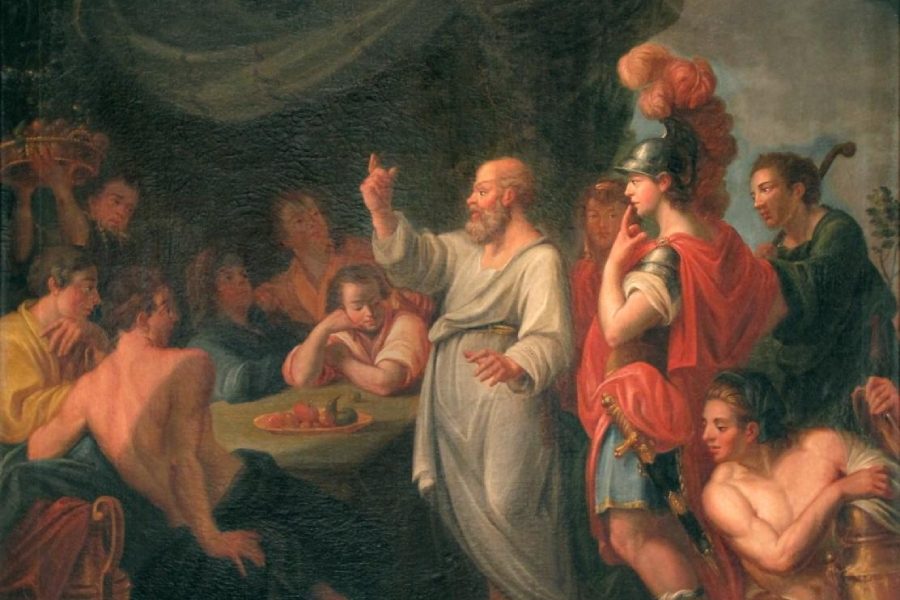Book: KNOWING WHAT WE KNOW: THE TRANSMISSION OF KNOWLEDGE: FROM ANCIENT WISDOM TO MODERN MAGIC
Author: Simon Winchester
Published by: William Collins
Price: Rs 799
Each Voyager spacecraft carries audio-visual discs which contain, among other recordings, clips of different sounds, including some songs by Blind Willie Johnson, a Black American gospel blues singer. Johnson died penniless, and his grave is unmarked. He may not be remembered a few hundred years hence on Earth but an intelligent alien civilisation, it is hoped, would ‘know’ him and his music. This remarkable story gives rise to several questions about what knowledge is, and how it can be passed on through time and beyond spatial boundaries, queries that Simon Winchester tries to answer in this book.
Winchester charts the history of the dissemination of knowledge throughout human civilisation, from Plato’s Socratic Dialogues in ancient Greece to the online encyclopaedias that are so easily accessible today. If names like René Descartes and Immanuel Kant make you break out in cold sweat, fear not: the book is not an academic tome, but simply an exploration of the epistemological techniques used by ‘sentient’ species like us.
The author fuses personal anecdotes, like the time he was stung by a wasp in childhood — allowing him to differentiate between implicit and explicit memory — with universal repositories of knowledge preservation, like libraries and museums. He asserts how important pedagogy is to the propagation of knowledge — Shukla Bose, who set up a school in the slums of Bengaluru in 2003, is celebrated as prominently as Feng Guifen and Fukuzawa Yukichi, leading 19th-century figures from China and Japan, respectively, who revolutionised their education systems.
Winchester makes it clear that the printing press was instrumental in the egalitarian distribution of knowledge, and Gutenberg gets his due credit. Newspapers, periodicals, books, and the libraries in which they are contained enable the “endless cheerful interchange of ideas” — even in strife-torn Mosul — while technological advancements, like the wireless radio, the television and, now, the internet, have led to the collapse of the remaining barriers to the access to knowledge. The book also warns us of the dangers of manipulated circulation of information.
The 1989 Tiananmen Square massacre is all but forgotten in China, all mentions of
it online wiped out by the “weapons of knowledge suppression that the Beijing government possesses.” Wikipedia is held up as a shining example of a community-driven repository of knowledge but with a caveat: Winchester writes he was shocked to find that the news of the demise of an admired figure, published on Wikipedia, was false.
A poignant example of how simultaneously fragile and inextinguishable knowledge is comes from the anecdote of a photograph taken in August 1947, of an exasperated librarian at the Imperial Library in Delhi trying to divvy up the volumes into two piles, one to be kept in India and the other to be shipped to Pakistan.











